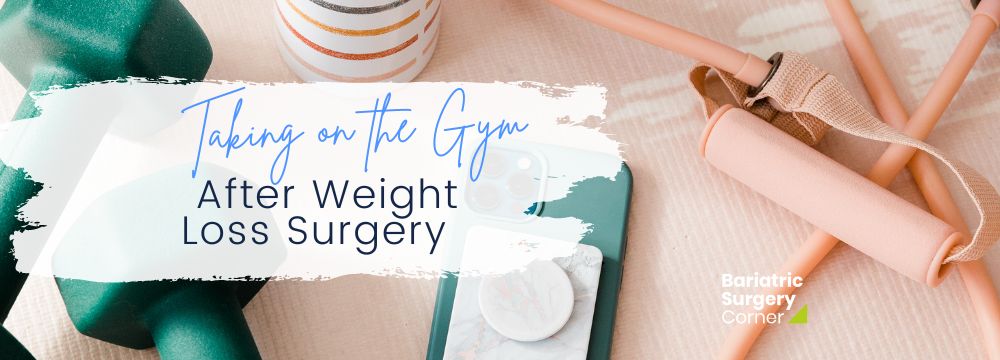Summer is here, and that means thoughts of lazy beach days, dips in the pool, and a little less clothing. It also can mean that we are tempted to push our post- bariatric surgery exercise routine into high gear. But we must give you the boring, but important, tips to stay healthy, safe, and injury-free during your new workouts. Following are a few tips to make the most of your exercise routine, but also avoid the pitfalls that can set you back:
- Don’t ramp up your exercise regimen too quickly. By slowly increasing your exertion, you may avoid minor, or even major, injuries that can set you back for weeks on end. Also, vary your exercise routine so that you are not working the same muscles over and over, day after day. Repetitive strain can cause injury as well, even if the exercise is not highly strenuous.
- Wear the right shoes when walking or running. It is all too common to see horrible blisters, sprained ankles, or shin splints when patients start their new exercise routine. You may also wish to begin your walking or running regimen on flat grass or sandy walkways rather than sloped, hard or rough terrain. Give your feet and ankles time to adjust to the new exercise routine before trying anything more aggressive.
- Make sure you drink plenty of water before, during, and after your exercise. The extra heat, combined with the physical exertion, can make you dehydrated much more quickly. The usual rule of eight cups of water, or 64 ounces, is less than the minimum in this case. You would be surprised how much water you lose during strenuous exercise in the heat.Fun fact: Did you know if you are thirsty then you are already dehydrated and at greater risk of injury?
- Do not exercise at the height of day. Try exercising early in the morning or late in the afternoon to minimize your exposure to the heat of the sun. This will not only help you avoid sunburn, and a greater potential for skin cancer (wear sunscreen too!), but it will also reduce your risk of severe dehydration or heatstroke. In similar fashion, do not wear heavy clothing to try to “sweat it out,” as this can be dangerous.
- Most importantly, ease up if you start feeling poorly. Extreme thirst, dizziness, headaches or cramps are all signs that your body is past its limit. Remember that working out in the heat is far harder than what you’ve likely done in cooler months, or in the air-conditioned climate of a gym. Don’t push it, even if you are not walking or running as far or as fast as you did before.
No matter what level of fitness you have attained after bariatric surgery, or what stage of weight loss you’re in, the most important advice we can offer when exercising is not to exert yourself beyond your body’s capabilities. By doing so, you risk injuries that can derail your weight loss process and make life uncomfortable. Listening to your body and doing it right, on the other hand, is a very rewarding way to hit your goals again and again, while enjoying what you’re doing, and loving the results you see.








